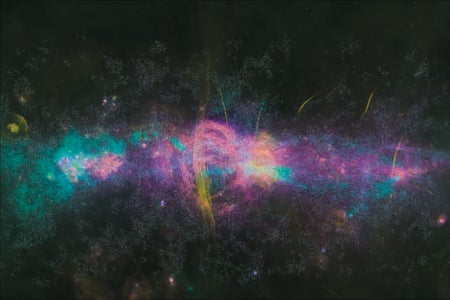
Dazzling New Milky Way Map Shows How Magnetism Shapes Our Galaxy
An image of interstellar dust moving through the Milky Way’s magnetic field may help scientists learn more about the origin of galaxies
Riis Williams is a New York City–based science journalist who specializes in climate, health and wildlife reporting. She formerly served as Scientific American’s news intern.

Dazzling New Milky Way Map Shows How Magnetism Shapes Our Galaxy
An image of interstellar dust moving through the Milky Way’s magnetic field may help scientists learn more about the origin of galaxies
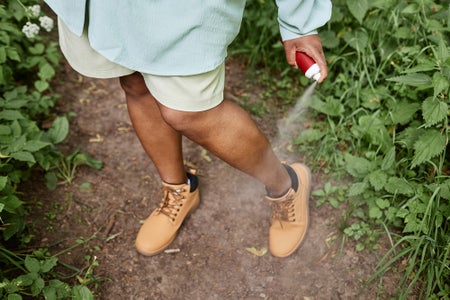
Keep Mosquitoes Away with These Tried-and-True Repellents
Mosquito experts break down how to choose and use the best mosquito repellents
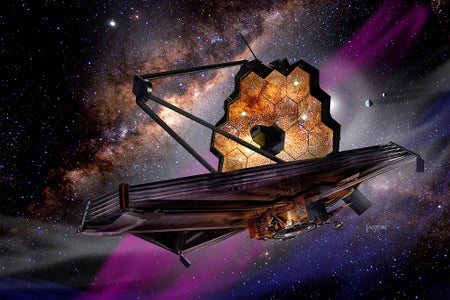
JWST Detects the Earliest, Most Distant Galaxy in the Known Universe—And It’s Super Weird
NASA’s James Webb Space Telescope observed an unusually large and highly luminous galaxy at a record-breaking 290 million years after the big bang

Why More Space Launches Could Be a Good Thing for the Climate
A space technology company CEO explains how growing competition in the commercial space industry may help boost climate science

Don’t Fall for These Five Dangerous Tanning Myths
Skin-care experts break down dangerous misconceptions about tanning and suggest healthy ways to enjoy summertime sunshine
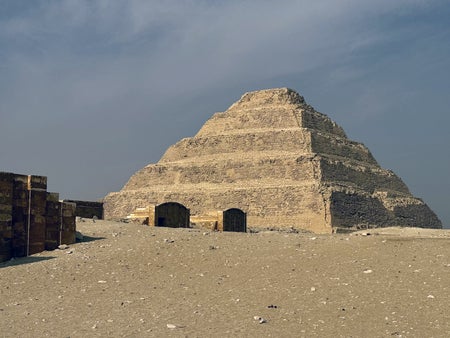
Lost Branch of the Nile May Solve Long-Standing Mystery of Egypt’s Famed Pyramids
A former stretch of the Nile River, now buried beneath the Sahara Desert, may help scientists understand how Egyptians built the pyramids and adapted to a drying landscape
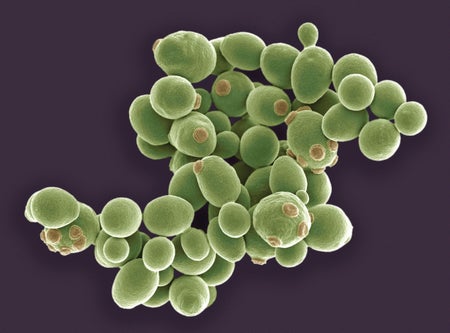
After Brewing Beer, Yeast Can Help Recycle Metals from E-waste
This beer-making by-product could offer a sustainable way to isolate metals for recycling electronic waste
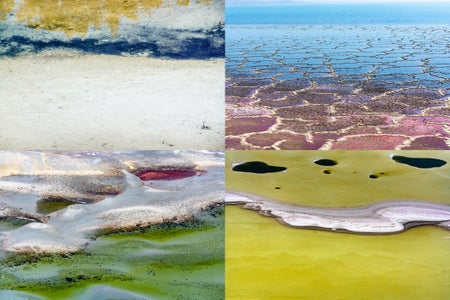
See the ‘Tragic Beauty’ in Shorelines Marred by Climate Change
A stunning photography collection underlines how climate change is altering the world’s coastal and lakeside environments
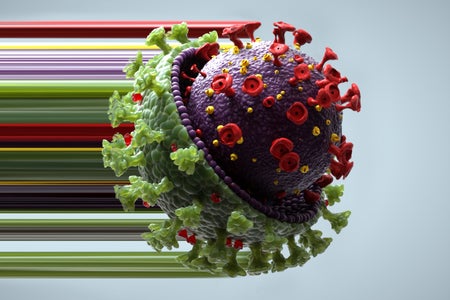
Longest-Ever COVID Infection Lasted More Than 600 Days
A Dutch man with lymphoma and other blood disorders was infected with the COVID-causing virus for nearly two years, during which time the pathogen evolved numerous mutations
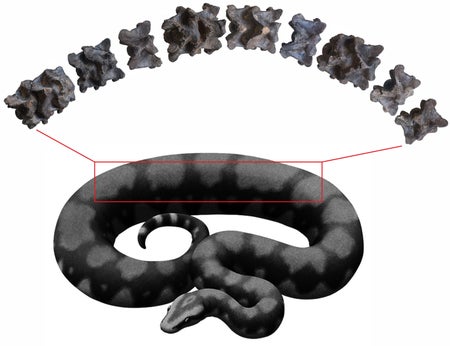
This Nearly 50-Foot Snake Was One of the Largest to Slither the Earth
Fossilized vertebrae that were found in an Indian coal mine belonged to a gigantic and previously unknown snake species
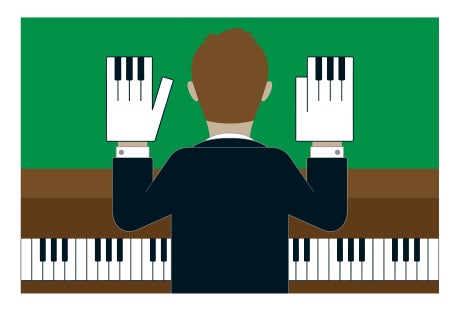
‘Smart Gloves’ Teach Piano Playing through Touch
A high-tech pair of gloves can help make learning instruments and other hands-on activities easier
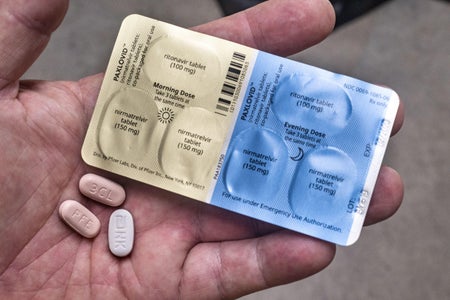
Paxlovid COVID Treatment Is Most Beneficial for Unvaccinated People with Risk Factors. Others May Not Need It
A recent study suggests that Paxlovid is ineffective at treating symptoms in people with mild illness or those who have been fully vaccinated. It is still a lifesaving medication in vulnerable groups
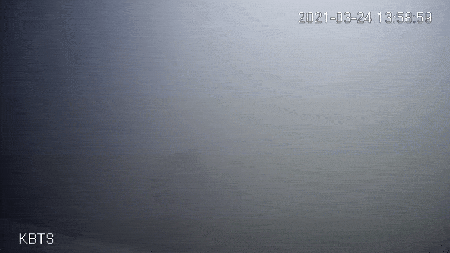
To Help Fish Migrate through a Dutch Canal, Ring the Dam Doorbell!
An online underwater livestream lets worldwide volunteers ring a “fish doorbell” to help fish fulfill their reproductive missions
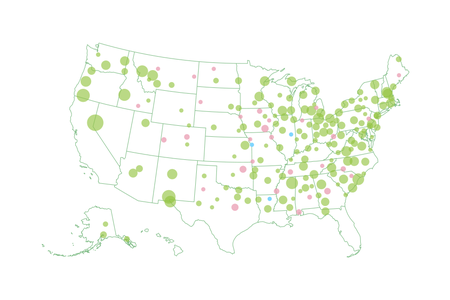
It’s Not Just You—Seasonal Allergies May Be Getting Worse for Everyone Because of Climate Change
Longer growing seasons and increased pollen production driven by climate change could be aggravating your seasonal allergy symptoms
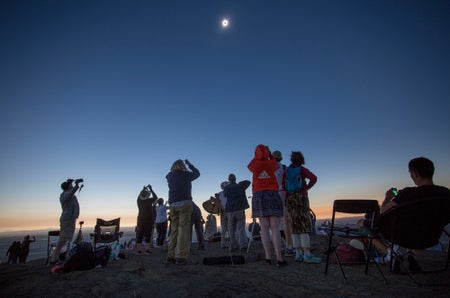
Why Do Colors Change during a Solar Eclipse?
When the moon fully eclipses the sun, it’s not just the sky that changes. Your eyes do, too

How to Talk to Kids about Cancer
A social worker explains ways that parents can gently share news about their cancer diagnosis with their children
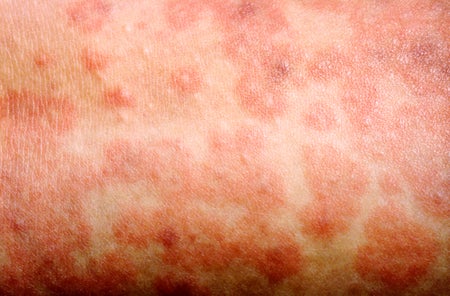
What to Know about Measles Outbreaks in the U.S.
A growing number of measles cases in the U.S. has experts worried about how a decline in routine vaccinations could bring back preventable illnesses
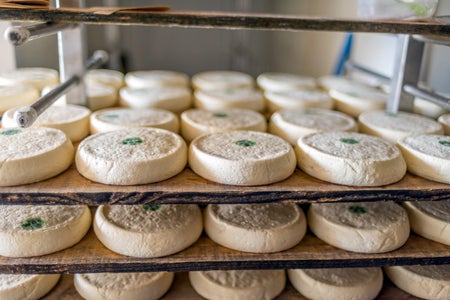
Is Raw-Milk Cheese Safe to Eat?
Recent bacterial outbreaks from consuming cheese made from unpasteurized milk, or “raw milk,” raise questions about the safety of eating these artisanal products